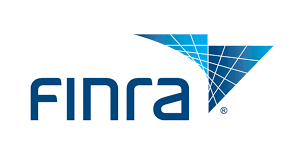This blog post looks at an interesting FINRA arbitration award issued on January 7, 2020: Daniel Paul Motherway v. UBS Financial Services, Inc., FINRA Arbitration No. 17-02799. This case seems to prove the old adage: a man who is his own lawyer has a fool for a client. Here we have an FA who proved,…
Continue reading ›EXPERIENCED NY SECURITIES
LITIGATION ATTORNEYS






